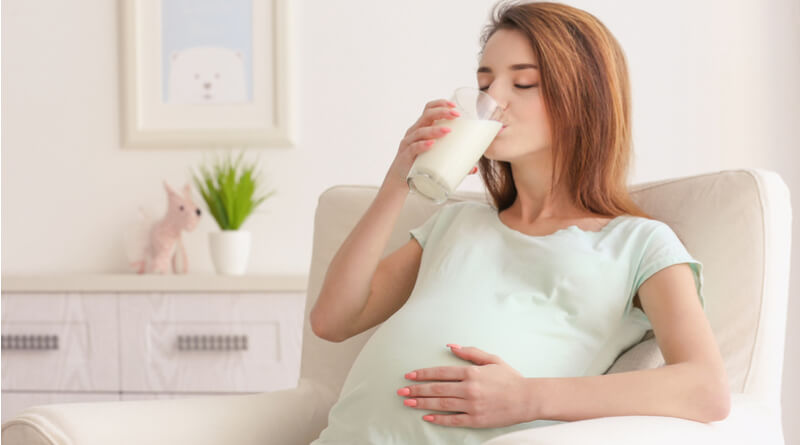Your diet during pregnancy is of upmost importance; it definitely plays an important role in your child’s early development. You have already probably suffered a deluge of dietary information about the proper nutrients your developing child needs. There is definitely quite a bit, but one that gets overlooked at times is vitamin K. This post will walk you through the importance of vitamin K and how to include it in your diet during pregnancy.
The importance of Vitamin K
Vitamin K is normally spoken of in terms of being a singular vitamin. But the truth is that vitamin K comes in two forms, vitamin K1 and vitamin K2. The former is typically found in leafy green veggies, while the latter is normally stored in animal products such as, cheese, eggs and meat. It is best to get this vitamin from your diet and not supplements as you don’t want to over consume vitamin K during pregnancy. This vitamin is responsible for a host of functions including blood clotting, treating osteoporosis, preventing bone loss, etc.
The importance of Vitamin K during pregnancy
While pregnant, it is important to make sure you are getting enough vitamin K for both the health of the mother and the developing fetus. Generally speaking, your vitamin K requirements do not increase during pregnancy; the requirements for adult females and pregnant mothers are the same. The average female needs 90 mcg of vitamin K a day, consuming too much vitamin K can cause the blood to thin out which can be harmful.
Sources of Vitamin K
It is not too difficult to get the right amount of vitamin K in your diet. Typically, a well-balanced diet will naturally give you enough vitamin K. Some of the best sources of vitamin K are:
- Green leafy veggies
- Yogurt
- Cheese
- Milk
- Meat
- Fruits








